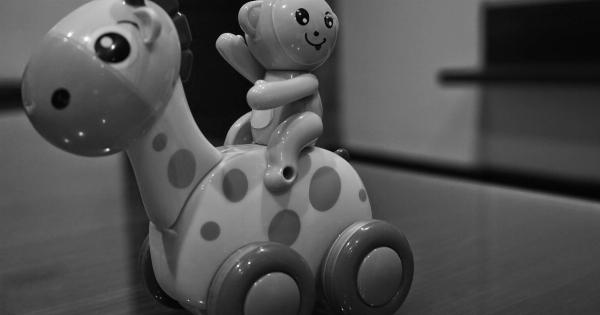Pets are loyal, loving, and playful companions who make our lives better. They lift our moods and bring joy to our homes. However, owning a pet is not all tail-wagging and head-rubbing.
They come with their own set of challenges, which can be time-consuming and expensive to manage. Here are some of the most common pet problems and how to avoid them.
1. Obesity
One of the most common problems that pets face is obesity. Overfeeding, lack of exercise, and genetic predisposition are the primary causes of obesity in pets.
Obesity puts the pet’s health at risk, as it can lead to joint problems, heart disease, and diabetes. To avoid obesity in pets, make sure you feed them with a healthy diet that consists of the right nutritional balance for their age, breed, and lifestyle.
Offer your pet plenty of exercise opportunities, such as daily walks, play sessions, and enrichment activities.
2. Dental Problems
Poor dental health is another common issue in pets, which can lead to bad breath, gum disease, and tooth loss. To prevent dental problems, it is advisable to brush your pet’s teeth regularly with pet-safe toothpaste and a brush.
Provide your pet with toys and treats that help to clean their teeth naturally. Also, have routine dental check-ups and cleanings done by a professional veterinarian.
3. Allergies
Pets can also suffer from allergies, which can cause skin irritation, itching, and discomfort. The most common allergens for pets include food, fleas, pollen, and dust mites.
You can prevent allergies in your pets by keeping them clean, maintaining a healthy diet, and protecting them against fleas and ticks. Consult your vet if you notice any signs of allergies in your pet.
4. Digestive Problems
Digestive problems like vomiting, diarrhea, and constipation are common in pets and can be caused by various factors such as food allergies, improper diet, and low fiber intake.
To avoid digestive problems, make sure to feed your pet with a balanced diet that contains enough fiber, offer plenty of water, and avoid giving human food that may cause upset stomachs. Consult your veterinarian immediately if digestive issues persist.
5. Behavior Problems
Behavioural problems like aggression, destructiveness, and anxiety can also be a challenge for pet owners. These problems are often caused by a lack of training, improper socialization, and lack of exercise.
To prevent behavioural problems in your pets, start training and socializing them from an early age. Offer your pets plenty of exercise time, and give them plenty of attention and affection. Consult your veterinarian if you notice any unusual behavioural changes in your pet.
6. Parasitic Infestations
Parasitic infestations like fleas and ticks are a common issue for pets, which can cause discomfort, anemia, and infections.
To avoid a parasitic infestation, keep your pets clean and well-groomed, protect them with flea and tick repellents and offer regular check-ups by the veterinarian.
7. Urinary Tract Infections
Urinary tract infections are common, especially in cats, which can cause conditions such as cystitis, kidney disease, and bladder stones.
To avoid urinary tract infections, make sure your pets stay hydrated, offer a balanced diet, and keep their litter trays clean. Consult your veterinarian if you notice any signs of urinary problems.
8. Eye and Ear Infections
Eye and ear infections can affect pets, especially dogs, which can cause severe pain, hearing loss, and even deafness. To avoid eye and ear infections, keep your pet’s ears clean and dry and maintain good hygiene practices around the eyes.
Consult your veterinarian if you notice any discharge, redness, or swelling around their eyes or ears.
9. Poisoning
Poisoning can also happen to pets, and it’s often a result of accidental ingestion of toxic substances found in plants, household cleaners, and human food.
To prevent poisoning, keep all toxic substances out of reach of pets, and avoid giving them people food unless directed by your veterinarian.
10. Overheating
Overheating can lead to heat stroke, dehydration, and even death in pets, especially during the hot summer months. To avoid overheating, keep your pets in well-ventilated areas, offer plenty of water, and avoid overexertion in hot weather conditions.
Provide frequent breaks in shaded areas.
Conclusion
As a pet owner, you must be aware of the common problems that pets face so that you can address them promptly.
With proper care, attention, and common sense, you can avoid most of these problems and keep your pet healthy, happy, and loyal for years to come.






























